The full, fascinating – and frequently problematic – LGBTQ+ history of the Oscars
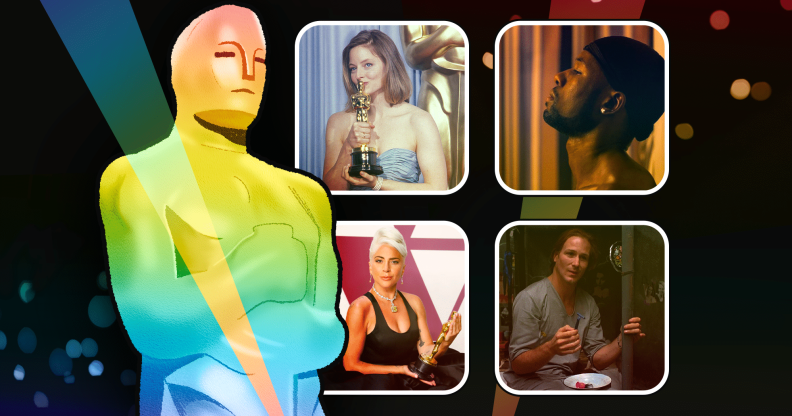
(Getty/PinkNews)
(Getty/PinkNews)
At the 78th Academy Awards ceremony in 2005, trailblazing LGBTQ+ movie Brokeback Mountain made history when it garnered three Oscars from eight nominations.
It was a seismic moment for LGBTQ+ cinema at the Oscars, Hollywood’s most glitzy, glamorous night of the year. Up until that point, films that celebrated the beauty and complexity of the queer experience had largely been ignored, bar a few notable exceptions. Brokeback Mountain thrust queer cinema into the mainstream in a spectacular fashion.
Another watershed moment came in 2017 when Moonlight won Best Picture, becoming both the first LGBTQ+ film and the first with an all-Black main cast to win.
This year, Spanish star Gascón is nominated in the Best Actress category at this year’s Academy Awards – the first transgender actor ever nominated in an acting category – for her role in trans musical Emilia Pérez.
Unfortunately, this significant achievement has been overshadowed by an equally significant controversy, when many of Gascón’s old, now-deleted tweets resurfaced, some expressing anti-Islam sentiment and others taking aim at the Oscars for promoting diversity. She’s since apologised for her comments.
Aside from these notable exceptions, queer films and the LGBTQ+ people who create them are underrepresented at the Oscars, if not outright overlooked.
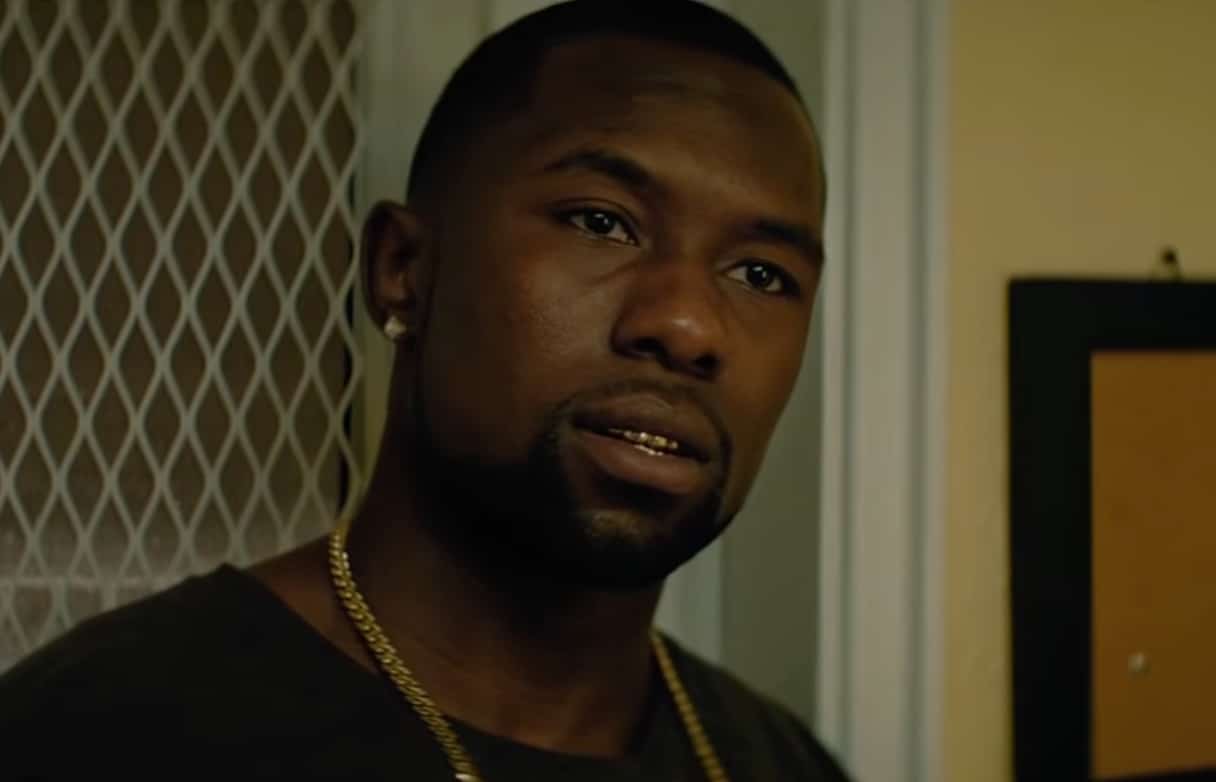
There’s a certain kind of film the Academy loves – forbidden love between cis, gay men comes up time and time again, but more diverse offerings are still largely shut out. Ahead of the 2025 Oscars, we take a look back at the good, the bad and the ugly history of the Academy Awards’ approach to LGBTQ+ cinema and actors.
LGBTQ+ Oscar winners
Over the last two decades, straight actors have been routinely awarded by the Academy for taking on LGBTQ+ roles. Sadly, queer actors have often found themselves on the outside looking in.
There are a number of actors who either came out in later life, or who posthumously have been labelled queer, who have won Oscars.
Marlon Brando, who is generally considered to have been bisexual, won two Best Actor Oscars throughout his career – his first was in 1954 for On the Waterfront and his second was for The Godfather in 1972 (although he famously turned down that prize due to Hollywood’s mistreatment of Native Americans). Several years after his second big win, he told a French journalist that he had had “homosexual experiences”.
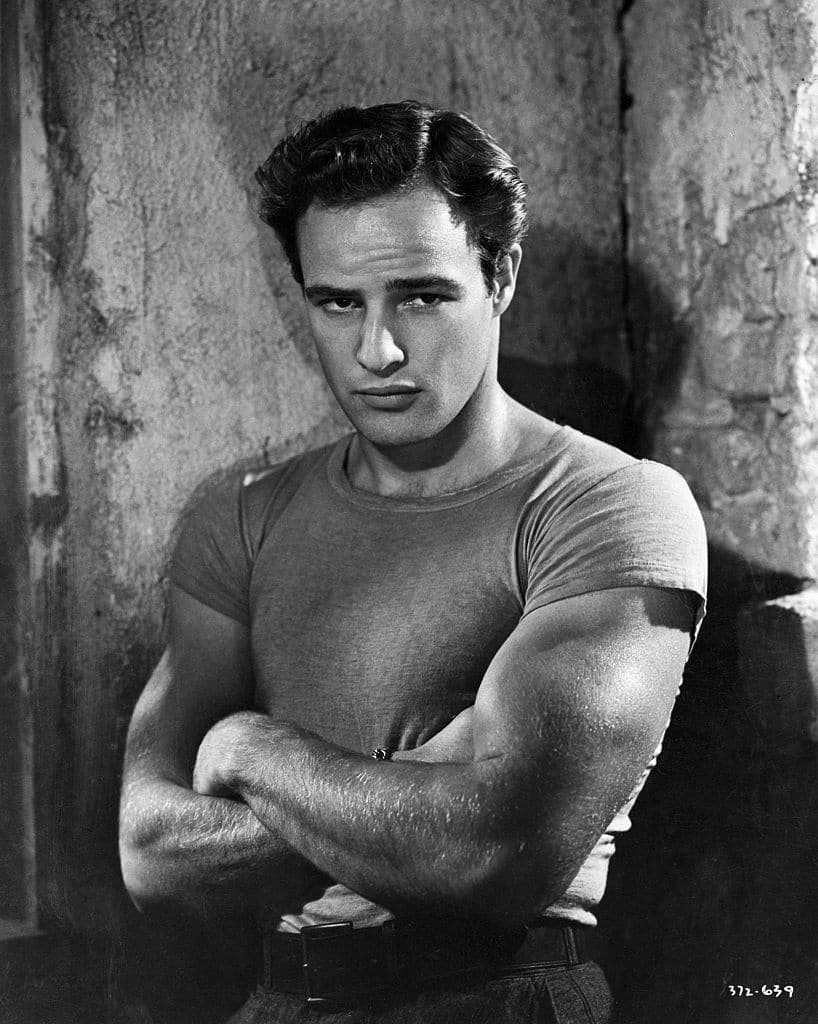
In the 1990s, another queer actor won two Oscars – one for leading actor and one in the supporting category – but his sexuality was a closely guarded secret at the time. That actor was Kevin Spacey. He eventually came out as gay after actor Anthony Rapp and a number of other men accused him of sexual assault.
Notably, up until 2024, Ian McKellen was the only gay actor to be nominated for an acting Oscar after he had come out. He was out as gay when he received both of his nominations. Speaking in 2016, he wondered whether the lack of openly gay men getting Oscar nominations in the acting categories was down to “prejudice or chance”.
In 2024, Colman Domingo made history by becoming the second-ever gay man to be nominated for an Oscar for his portrayal of a gay character in Rustin. He’s up for another Best Actor Oscar this year, for Sing Sing.
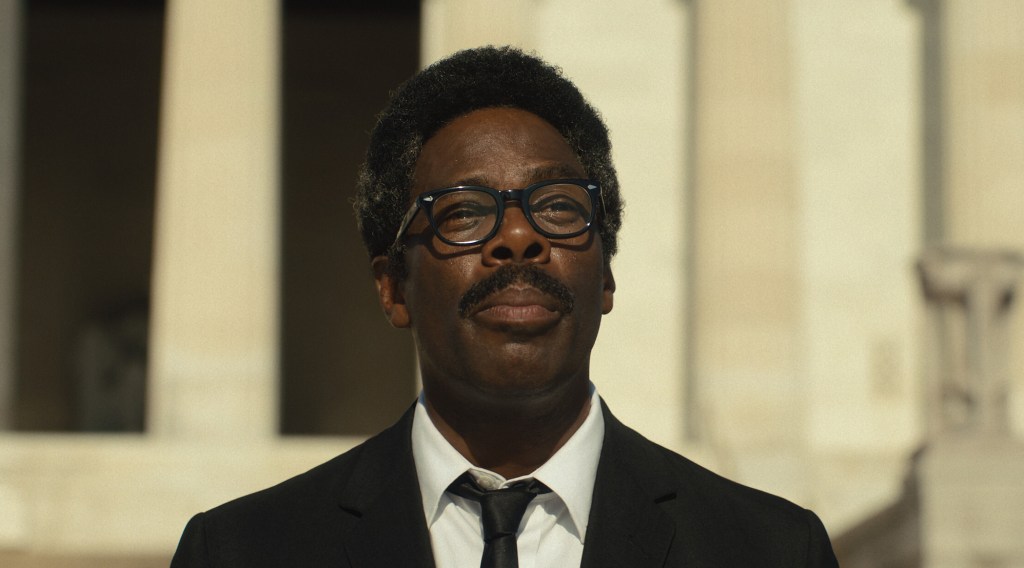
Things haven’t been much better in the Best Actress category. To this day, Jodie Foster remains the only queer woman to have won for a leading role – she won twice, once for The Accused in 1988 and again for The Silence of the Lambs in 1991. Once again, she wasn’t out at the time. Lady Gaga was nominated for the same gong in 2019, but lost.
Queer actors have fared a little better in the supporting categories. Joel Grey won for Cabaret in 1972, although he wasn’t out publicly at the time. John Gielgud won for Arthur in 1981 despite the fact that he had been arrested and outed for having sex with another man in the 1950s. Kevin Spacey also won in this category for The Usual Suspects in 1995.
Over in the Best Supporting Actress category, Tatum O’Neal won for Paper Moon in 1973, Linda Hunt won for The Year of Living Dangerously, and Anna Paquin took home the award in 1993 for The Piano. Again, none of them were out when they received their awards. Angelina Jolie’s bisexuality wasn’t exactly a closely guarded secret when she won for Girl, Interrupted in 2000 – but by the time she was nominated again for Changeling, in 2008, she had gone on the record about her queerness.
Queer people have fared better in other categories at the Oscars. Elton John, Melissa Etheridge, Stephen Sondheim and Howard Ashman have all won in the Best Original Song category. There was a minor controversy in 2016 when Sam Smith won and claimed in their speech that they were the first openly gay person to win an Oscar – that led to something of a public bust up with Dustin Lance Black, who won the Oscar for Best Original Screenplay for Milk in 2008.
Other queer people to have taken home Oscars outside of the acting categories include Bill Condon, who won Best Adapted Screenplay for Gods and Monsters, Alan Ball, who won Best Original Screenplay for American Beauty, and John Schlesinger, who won Best Director for Midnight Cowboy.
Queer films tend to do well at the Oscars these days – but only certain types of film
Queer actors might not have a great track record at the Oscars, but that doesn’t mean queer films have gone unnoticed. In fact, over the last few decades, the Academy has shown that it loves LGBTQ+ films – as long as their queer characters are being played by straight and cis actors.
That trend started in 1985 when William Hurt won an Oscar for Kiss of the Spider Woman. In 1993, Tom Hanks instantly became the frontrunner for the Best Actor Oscar for his performance in Philadelphia, a film that tackles the AIDS epidemic through one gay man’s anti-discrimination battle. His win was seen as an historic moment for queer representation in Hollywood, but some LGBTQ+ activists were unhappy with its approach and were dissatisfied with the idea of a straight man winning awards for playing gay.
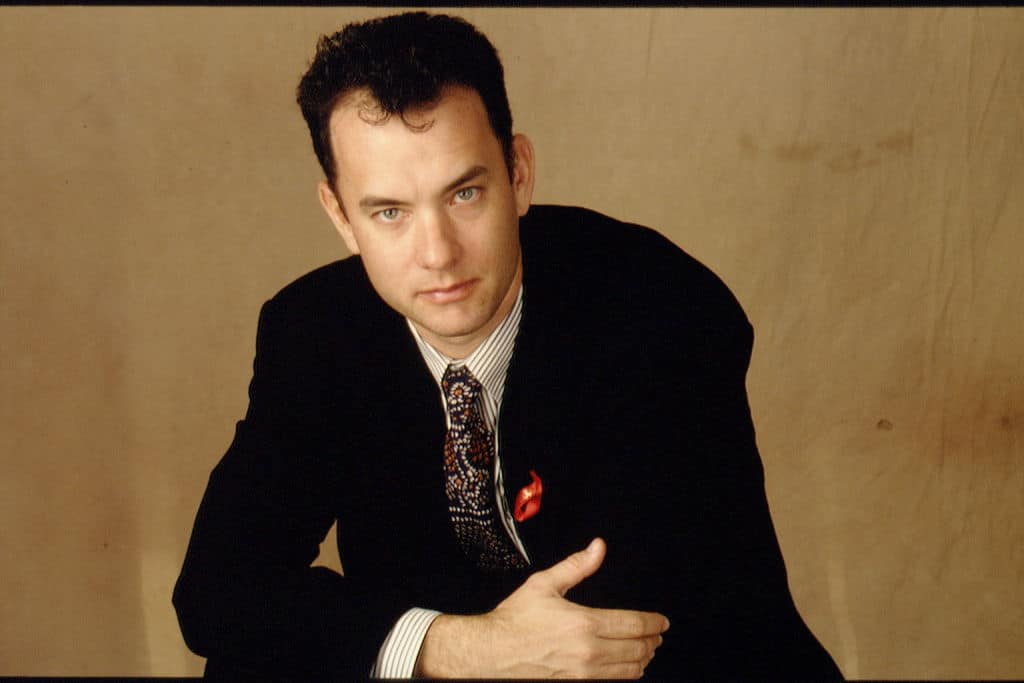
Despite the success of Philadelphia, it would be another decade before queer films would become firmly entrenched within the mainstream at the Oscars. Nicole Kidman won the Best Actress Oscar for her take on Virginia Woolf in The Hours in 2003. Two years later, Brokeback Mountain was snubbed for Best Picture in favour of Crash. But its box office success, critical acclaim, and the fact that it was nominated for eight Oscars (winning Best Director for Ang Lee), made an impact in Hollywood.
Things started to change and major studios finally started making queer films with greater regularity, presumably with the hope of cashing in on the Oscars’ newfound love of a certain kind of queer film. Sean Penn won the Oscar for his performance as Harvey Milk in Milk in 2008, while its writer Dustin Lance Black took home the award for Best Original Screenplay.
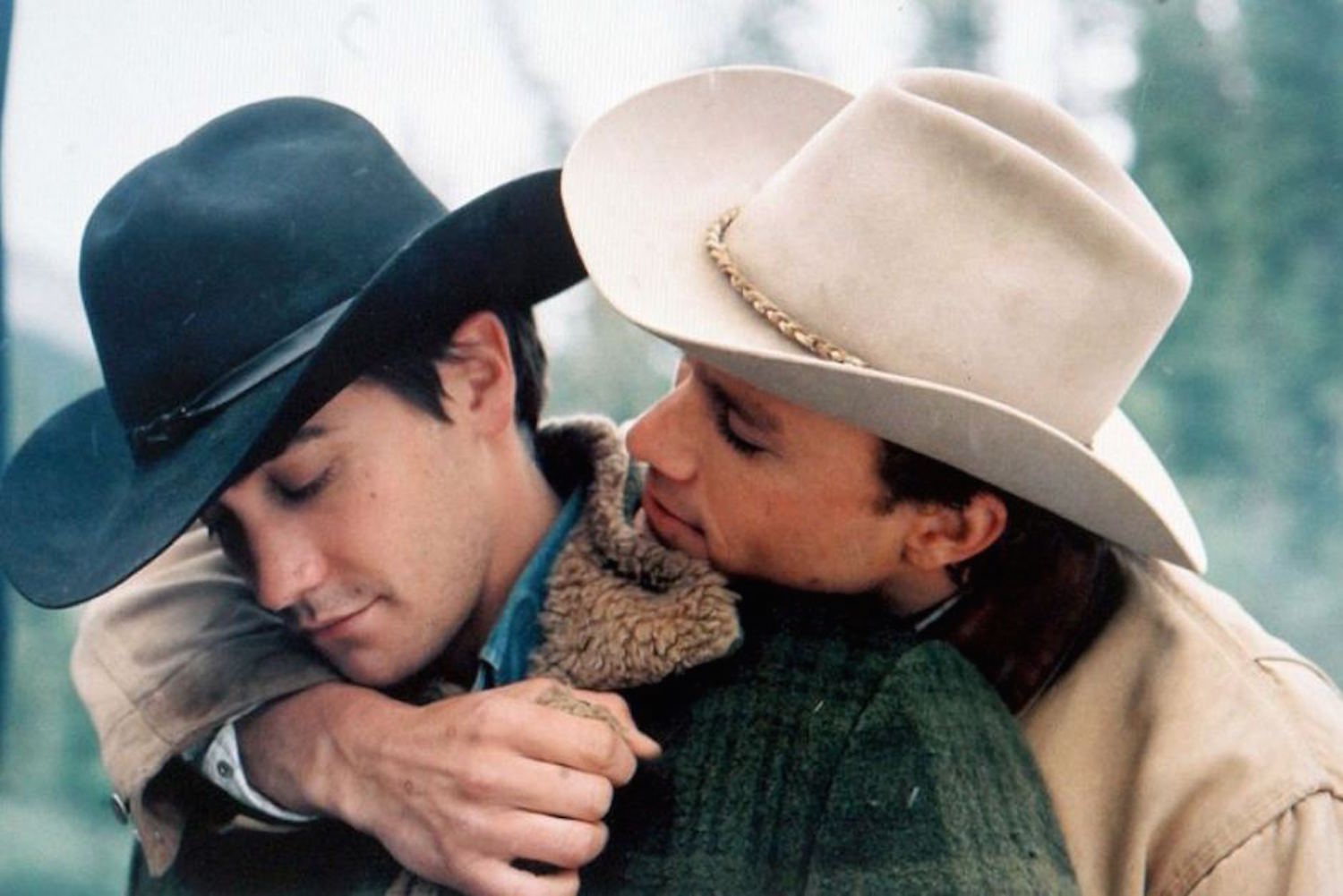
Since then, numerous straight actors have been nominated and won Oscars for playing queer characters. Nicole Kidman, Charlize Theron, Natalie Portman and Olivia Colman have all scooped the Best Actress prize for playing queer characters, while Rami Malek won in 2018 for Bohemian Rhapsody.
In 2017, Moonlight won Best Picture – one of three awards it won on the night.
Like Brokeback Mountain before it, Moonlight’s impact can be felt across the industry, prompting studios to back Black-led films that aren’t rooted in trauma. It remains the only LGBTQ+ film to win the top gong.
This year, the Spanish-language trans cartel musical crime thriller Emilia Pérez and Jon M Chu’s movie adaptation of the musical Wicked seem poised to lead the Oscars nominations.
Where are all the queer actors?
One of the most troubling trends has been the Academy’s tendency to reward cis actors for playing trans characters. Eddie Redmayne, Hilary Swank and Jared Leto have all picked up nominations for taking on trans roles – the impact of those casting decisions has been explored in-depth in the acclaimed Netflix documentary Disclosure.
A trans actor has never won an Oscar – or even been nominated – for playing a trans role.
Much has been made of the fact that until recently, Ian McKellen, Angelina Jolie and Lady Gaga were the only openly queer actors ever nominated for an acting Academy Award. When you compare that to the extraordinary success straight and cis actors have had playing LGBTQ+ characters over the last two decades, it’s hard not to wonder where all the queer actors are and why they’re not getting the parts.
That appalling track record is all part of Hollywood’s “intolerance and bigotry”, Jeremy Blacklow, director of entertainment media at GLAAD, told Vanity Fair in January. “LGBTQ+ actors have long faced blatant employment discrimination and have felt forced to hide their sexual orientation and/or gender identity if they hoped to work at all.”
That doesn’t mean it’s all been bad. The Academy has a problem with fawning over films with straight actors playing gay, but it’s also recognised some truly great queer films over the years. But that doesn’t detract from the fact that the Oscars is still reluctant to award queer actors for playing queer roles – or even to let them play those characters in the first place.
Things might finally be starting to change in 2025. LGBTQ+ actress Cynthia Erivo is up for an award for her star turn in Wicked. Gay star Colman Domingo is nominated for a Best Actor award for Sing Sing, The Disney+ documentary Elton John: Never Too Late has earned an Oscar nomination for Best Original Song, not to mention the fact that trans cartel musical Emilia Pérez has been nominated in no fewer than 13 categories.
We’re not there yet, but the journey is certainly underway.

